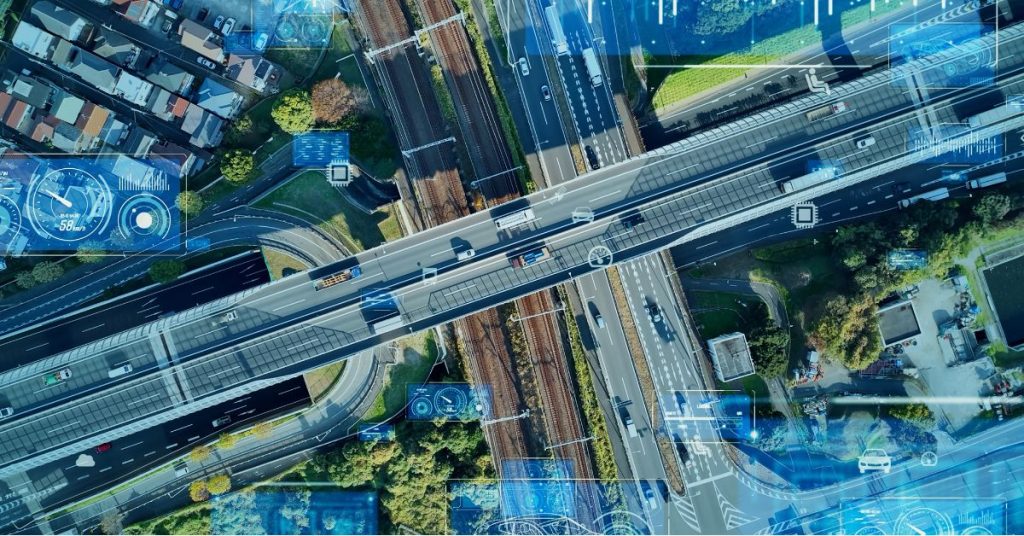
Revolutionizing the Wheels: The Impact of IoT on the Transportation Industry
The Internet of Things (IoT) has been a game-changer across various industries, and the transportation sector is no exception. By integrating IoT into transportation systems, we are witnessing a paradigm shift in the way goods, services, and passengers move across cities and continents. This article explores the profound impact of IoT on the transportation industry and how it is shaping the future of mobility.
- Enhanced Efficiency and Cost Reduction
IoT devices, such as GPS and RFID tags, have significantly improved the efficiency of transportation operations. They provide real-time data on vehicle location, speed, fuel consumption, and cargo condition, enabling operators to optimize routes, reduce idle time, and minimize fuel costs. Moreover, predictive maintenance, powered by IoT sensors, can detect potential vehicle failures before they occur, reducing downtime and repair costs.
- Improved Safety and Security
IoT technologies play a crucial role in enhancing safety and security in transportation. Advanced Driver-Assistance Systems (ADAS), powered by IoT sensors and AI, can detect potential hazards and assist drivers in avoiding accidents. Moreover, IoT-enabled surveillance systems can monitor cargo and passenger compartments, preventing theft and ensuring passenger safety.
- Smart Traffic Management
IoT is at the heart of smart city initiatives, particularly in managing traffic congestion. IoT sensors embedded in roads, traffic lights, and vehicles can collect and analyze traffic data in real-time, enabling authorities to regulate traffic flow efficiently and reduce congestion.
- Environmental Sustainability
By optimizing routes and reducing idle time, IoT can significantly reduce fuel consumption and carbon emissions in the transportation industry. Moreover, IoT technologies are instrumental in the development of electric and autonomous vehicles, which hold the promise of a more sustainable transportation future.
- Enhanced Passenger Experience
IoT has transformed the passenger experience in public transportation. Real-time tracking of buses, trains, and flights, coupled with personalized information delivery, has made travel more convenient and enjoyable for passengers.
Despite these benefits, the integration of IoT in transportation also presents challenges, including data security and privacy concerns, interoperability issues, and the need for regulatory frameworks. However, with ongoing advancements in technology and policy, the transportation industry is poised to overcome these hurdles and fully harness the potential of IoT.
In conclusion, IoT is revolutionizing the transportation industry by enhancing efficiency, improving safety, enabling smart traffic management, promoting environmental sustainability, and transforming the passenger experience. As we move towards a more connected and autonomous future, the role of IoT in transportation is set to become even more pivotal.